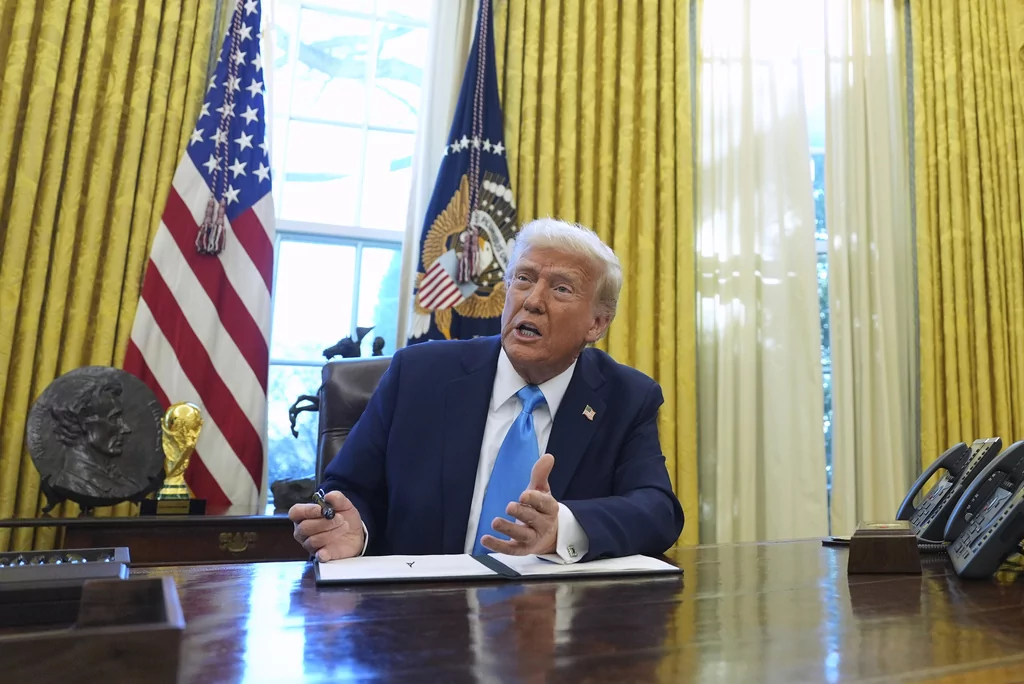

President Donald Trump signed an executive order on Tuesday that lowers drug prices through the Medicare drug price negotiation program and brings relief to the nearly 69 million people, particularly senior citizens, who rely on the federal program.
Trump’s actions directed the Department of Health and Human Services, led by Robert F. Kennedy Jr, to work with Congress to work on legislation that would lower drug prices.
“Specifics will have to wait for this process to play out, but we are confident we will eclipse the savings the Biden administration achieved in the first year,” White House officials told reporters during a Tuesday briefing before Trump signed the order.
The order resurrects a first Trump presidential term initiative that gives low-income individuals, including the uninsured, access to insulin. It also seeks to improve the Medicare Drug Pricing Negotiation Program by eclipsing the 22% in savings achieved in the program’s first year, according to a White House fact sheet.
“The executive order also takes steps to align the price Medicare pays with the cost for hospitals to acquire drugs, which, due to certain government-mandated discounts, can be 35% lower than what the government currently pays,” White House officials explained.
During his first term, Trump capped insulin costs for Medicare seniors at $35 through a voluntary program in 2020. But former President Joe Biden also took credit for mandatorily capping Medicare co-payments for insulin at $35 through the Inflation Reduction Act, which expanded coverage from Trump’s efforts.
“We want to learn from the experiences of the Biden administration and think that we can have some updates around there that make the program more efficient but also bring more transparency to the program,” officials claimed.
In the official language of the order, Trump writes: “While this program has the commendable goal of reducing the drug prices Medicare and its beneficiaries pay, its administratively complex and expensive regime has thus far produced much lower savings than projected.”
The Food and Drug Administration is also directed through the executive order to facilitate approvals of state importation programs, as well as streamline approval for generic medication and biosimilar medication, which provide competition to brand-name biologics.
“Once there is robust generic competition in a drug market, the prices can drop as low as 80% below the brand,” officials added. “And while we made a lot of progress in the last term by clearing the generic backlog, biosimilar adoption has still been lagging.”
Trump has weighed imposing pharmaceutical tariffs that could increase prices for drug prices, offsetting the new executive order.